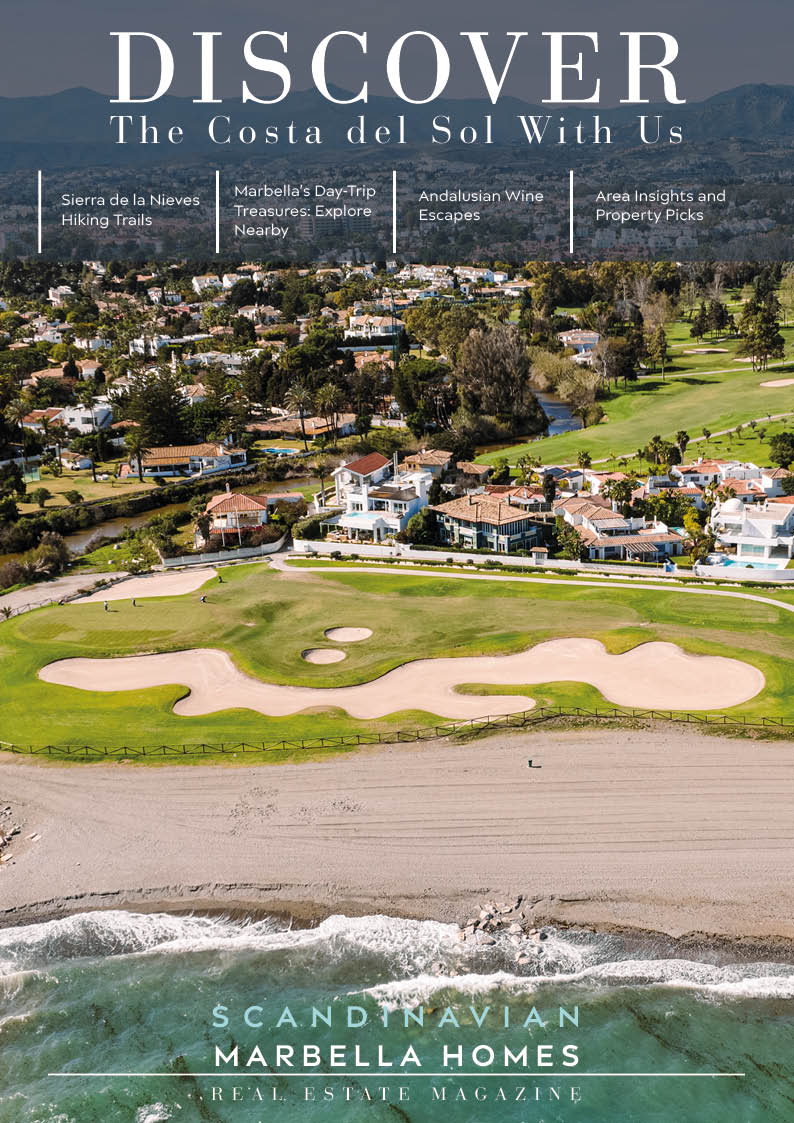Nestled in the Andalusian hills, Casares is a captivating village that offers a unique blend of rich history, stunning landscapes, and culinary delights. Its history stretches back over 100,000 years, beginning near the Sierra de la Utrera. This area, with its abundant caves, water sources, and natural resources, provided an ideal habitat for early hunter-gatherer communities. Archaeological finds, including flint and sandstone tools, evidence the presence of Neanderthals and their predecessors, who were later replaced by Homo sapiens sapiens around 50,000 BCE.
The transition from the Neanderthal to the modern human era brought about significant advancements in agriculture, animal husbandry, and craftsmanship. The Cueva de Gran Duque, a key archaeological site, has yielded exquisite handmade pottery and personal adornments from 6,000 years ago. By the time the Bronze Age arrived, Casares’ inhabitants had established fortified settlements and engaged in early metallurgical activities, producing copper and bronze artifacts.

Casares’ strategic location made it a pivotal point in the interactions between native communities and Phoenician colonists around the 8th century BCE. This led to cultural exchanges and technological advancements, including the introduction of the potter’s wheel and new architectural styles. The establishment of Lacipo during the Punic Wars marked the beginning of Casares’ urbanization under Roman influence. Lacipo became a flourishing city with its own mint, and its ruins reflect the typical Roman urban planning of forums and walls.
The Islamic conquest in 711 CE brought further changes. Villa Vieja, an elevated settlement, showcases the occupation during the 9th and 10th centuries. Under the Almoravid, Almohad, and Merinid dynasties, Casares developed into a significant military and agricultural hub, as evidenced by structures like the Albarrá Bridge. The region’s strategic importance continued into the late medieval period, culminating in a key meeting between the Nasrid king Muhammad V and Pedro I of Castile in the 14th century.

Modern Casares retains its historical charm while offering a vibrant lifestyle. The village is the birthplace of Blas Infante, the father of Andalusian nationalism, and his legacy is celebrated here. Casares’ culinary offerings are as diverse as its history, with mountain cuisine featuring hearty stews and coastal cuisine boasting fresh seafood. Local delicacies include the gazpacho casareño, artisan cheeses from Sierra Crestellina, and the famed moruna de sardinas.
Casares’ climate, characterized by mild winters and hot, dry summers, is ideal for enjoying its natural beauty. The village’s high altitude provides a unique microclimate that moderates temperatures and increases precipitation compared to other coastal towns. This results in lush landscapes that are perfect for outdoor activities.

Access to Casares is convenient, with multiple routes leading to the village from major highways and local roads. Visitors can reach Casares via the MA-8300 from the N-340 or the A-377 from Manilva-Gaucín. The scenic drive through the Andalusian countryside adds to the charm of visiting this historic gem.
Casares offers a serene and picturesque environment, steeped in history and culture. Whether you are drawn by its archaeological treasures, historical significance, or culinary delights, Casares promises an enriching experience that combines the best of Andalusia’s past and present.


